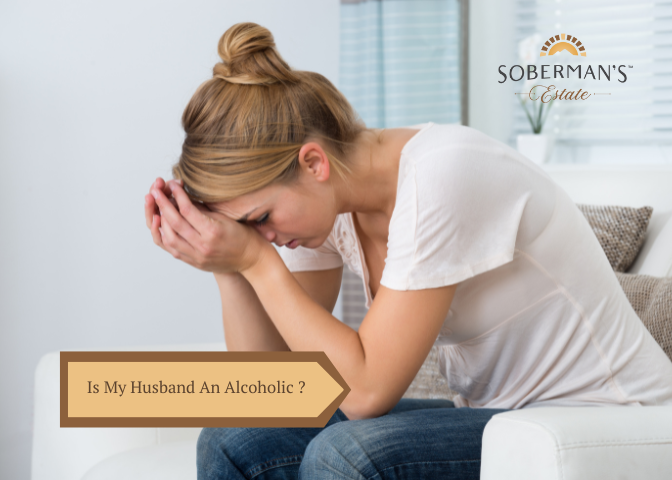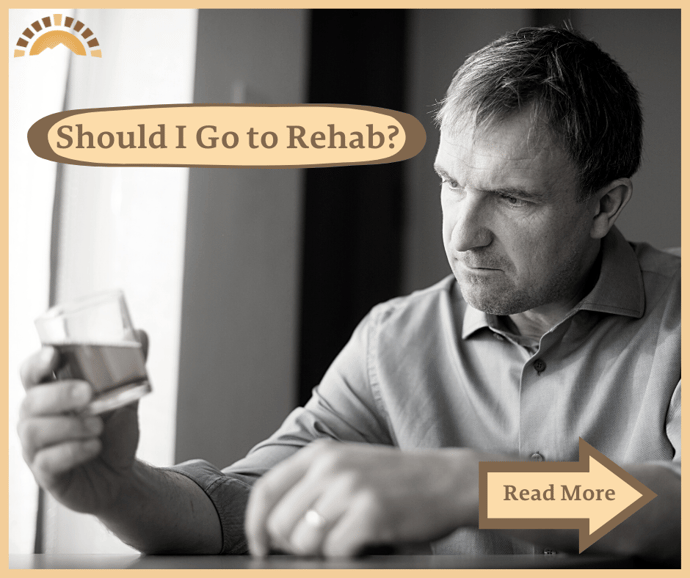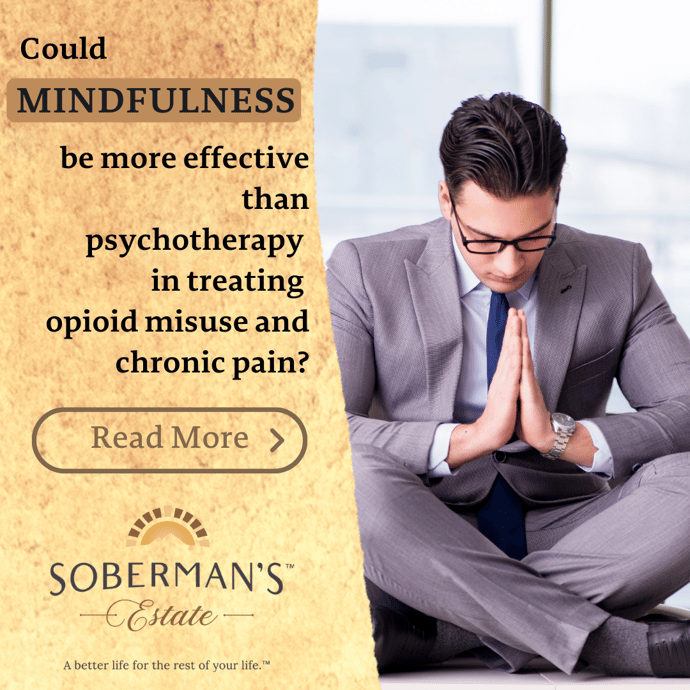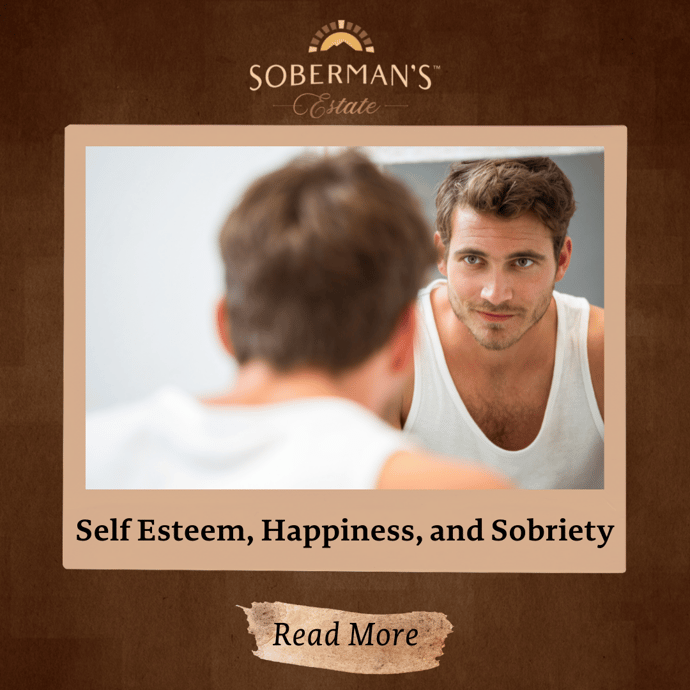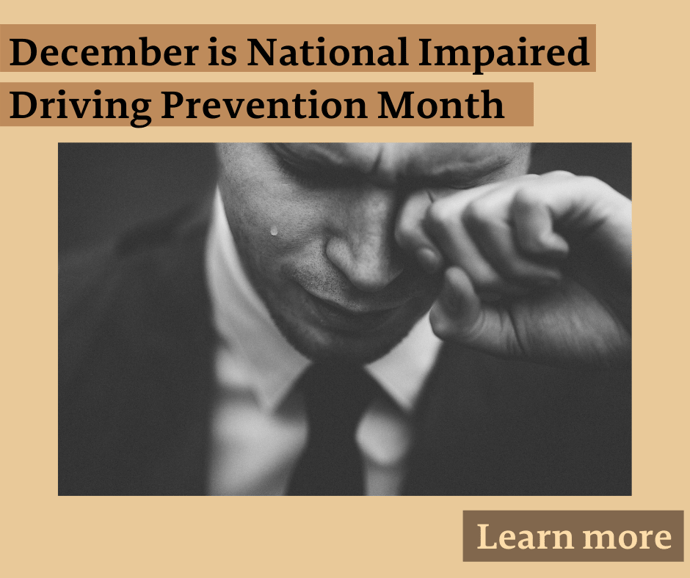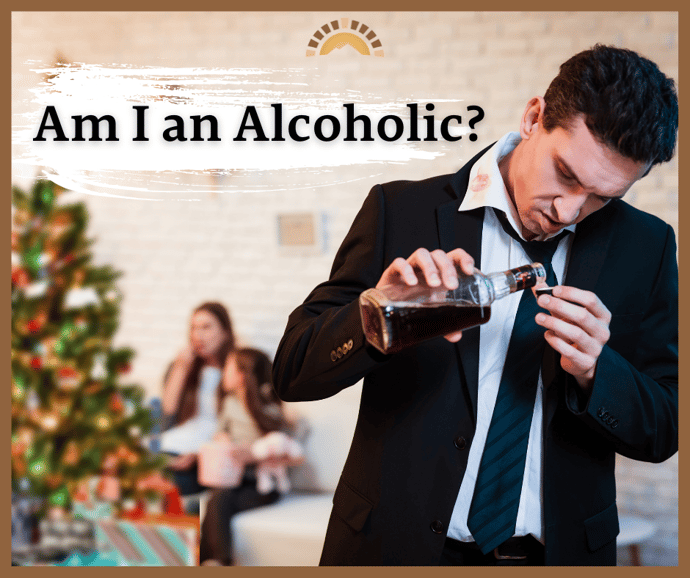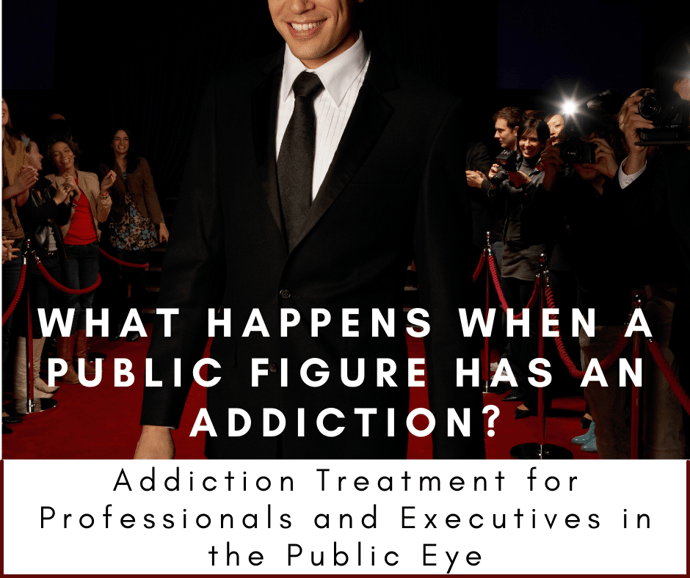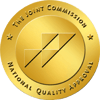Maybe your husband or loved one is exhibiting questionable behavior related to alcohol, and it doesn't feel right. Know that you are not alone. 12.7% of American adults have an alcohol use disorder, colloquially known as alcoholism. We’re going to talk about signs you’re in a relationship with an addict, as well as strategies to cope and heal.
- Home
- >
- The Estate News & Blog
Hannah Prager
Recent Posts
Is My Husband an Alcoholic? Here's What You Need to Know
Topics: Addiction, Executives, Functioning Alcoholic, Treatment, Functioning Addict, Recovery, Substance Abuse, Soberman's Estate, Intervention, Music Therapy
*All photos taken onsite at Soberman’s Estate.
If you clicked on this article, there is a fair chance that the answer is yes, and that is not a bad thing. It may seem overwhelming, uncertain, and scary, especially of what others may think. If the answer is yes, all that means is there is a disease that needs to be treated. It is normal to feel resistance to a new chapter, there is always uncertainty in change. In truth, you deserve a life with joy, contentment, and self-esteem. Recovering from this disease is the beginning of a better life for the rest of your life. Shame typically stands in the way of starting treatment, and at Soberman's Estate, we teach clients how to let shame go, along with other issues that stand between the client and a better life.
Can mindfulness-based treatment modalities be more successful than psychotherapy to reduce comorbid opioid misuse and chronic pain? A recent (February 2022) clinical trial found that YES, it can.
This trial randomized 250 adults with comorbid opioid misuse and chronic pain. 45% of participants receiving mindfulness-oriented recovery training were no longer misusing opioids after 9 months of follow up. Only 24.4% of those who received group psychotherapy shared this success. In addition, those with mindfulness training also reported notable reduction in pain symptoms.
Mindfulness training included practices such as “meditation on breathing and body sensations to strengthen self-regulation of compulsive opioid use and to mitigate pain and opioid craving by reinterpreting these experiences... reframing maladaptive thoughts to decrease negative emotions, and engender meaning in life... and cultivating awareness on pleasurable events and sensations to amplify positive emotions and reward.”
Our article Mindfulness = Boredom + Curiosity goes further in depth about the essence of mindfulness.
Mindfulness is a key in becoming connected, aware, and empowered. Benefits of mindfulness are nearly endless, including decreased depression, increased emotional regulation, reduced anxiety and stress, better memory, cognitive improvements, stronger relationships, better physical health and more (very well mind).
Soberman’s Estate provides tools and strategies to cultivate mindfulness for clients. One of the most accessible tools is breathwork, however there are different physical experiences that help different individuals tap into and strengthen their mindfulness muscle. Some clients learn the most mindfulness during yoga, equine therapy, art therapy, mala bead meditations, labyrinth walks, nature hikes, journaling prompts, medicine wheel sessions, intentional cooking and eating, music therapy, or more. Soberman’s Estate provides all therapeutic modalities onsite, so clients may find what works for them to ignite their recovery journey. We are proud to teach men to live a better life for the rest of their lives. ™
12 Tips for a Sober and Happy Holiday Season
The holiday season can be warm and joyful, it can also be challenging and stressful. If there is any anxiety around holiday events for you or your loved one, here are 12 tips to stay sober and enjoy your season!
Topics: Addiction, Recovery, Alcoholism
December is National Impaired Driving Prevention Month
If you are wondering whether you or a loved one has a substance use disorder, you are not alone, and it is a question worth pondering. About 261 Americans die every day from excessive alcohol use (CDC).
What Happens When a Public Figure Has an Addiction?
Being a public figure, high level executive, licensed professional, physician, entertainer, politician, or any position where your reputation is a major element in your career, can present a barrier to acknowledging addiction and seeking treatment.


